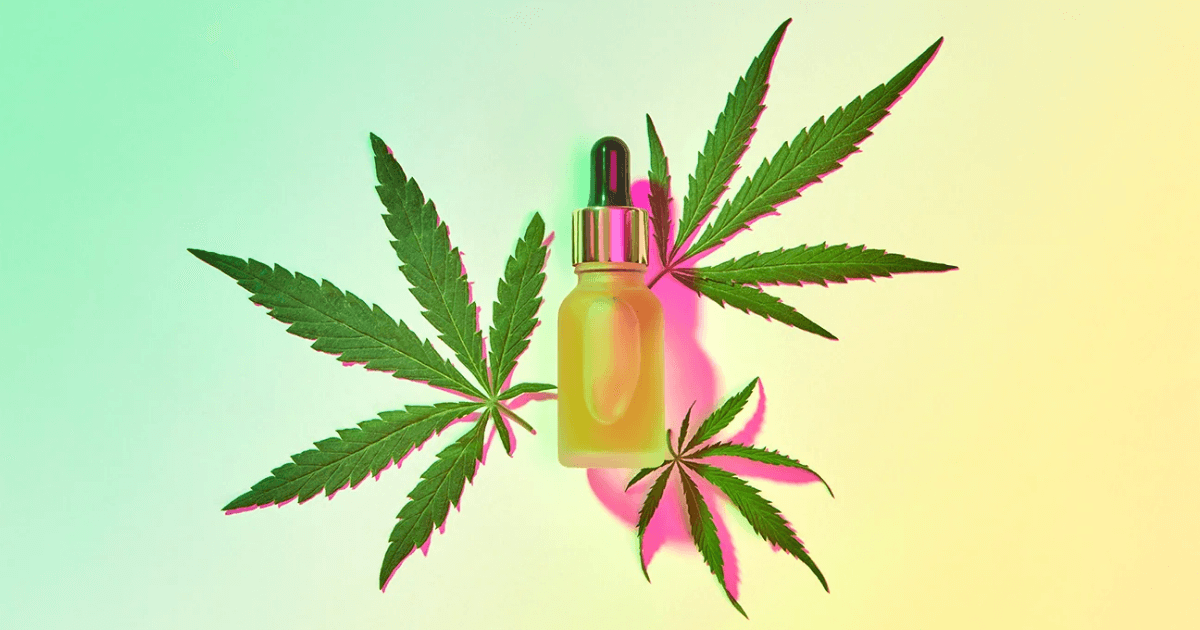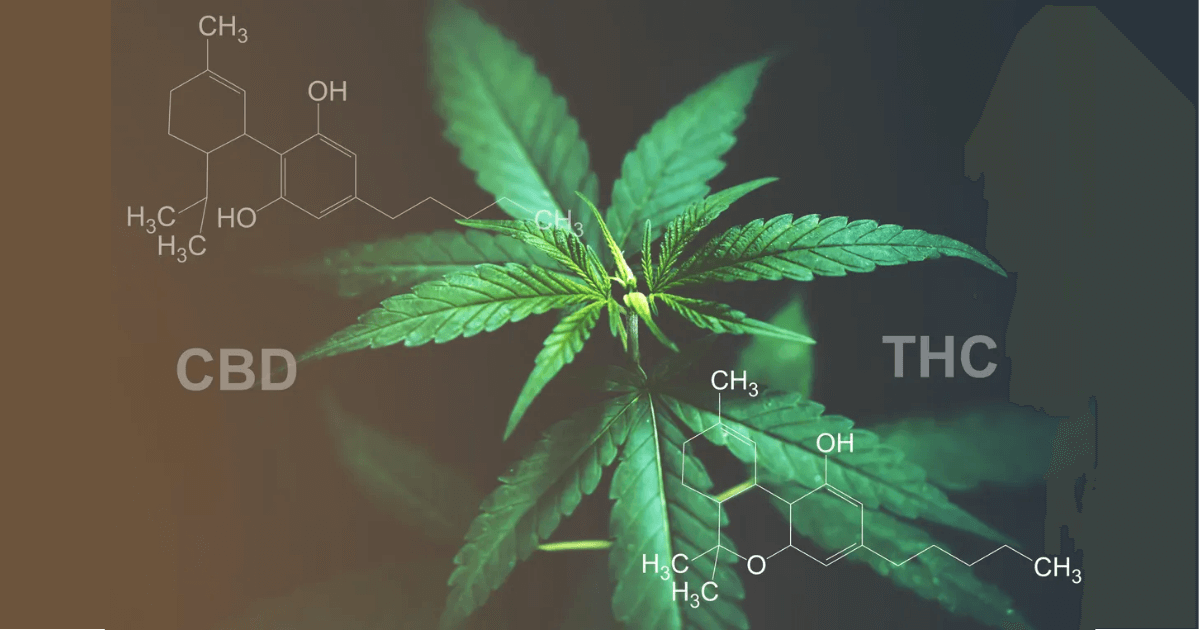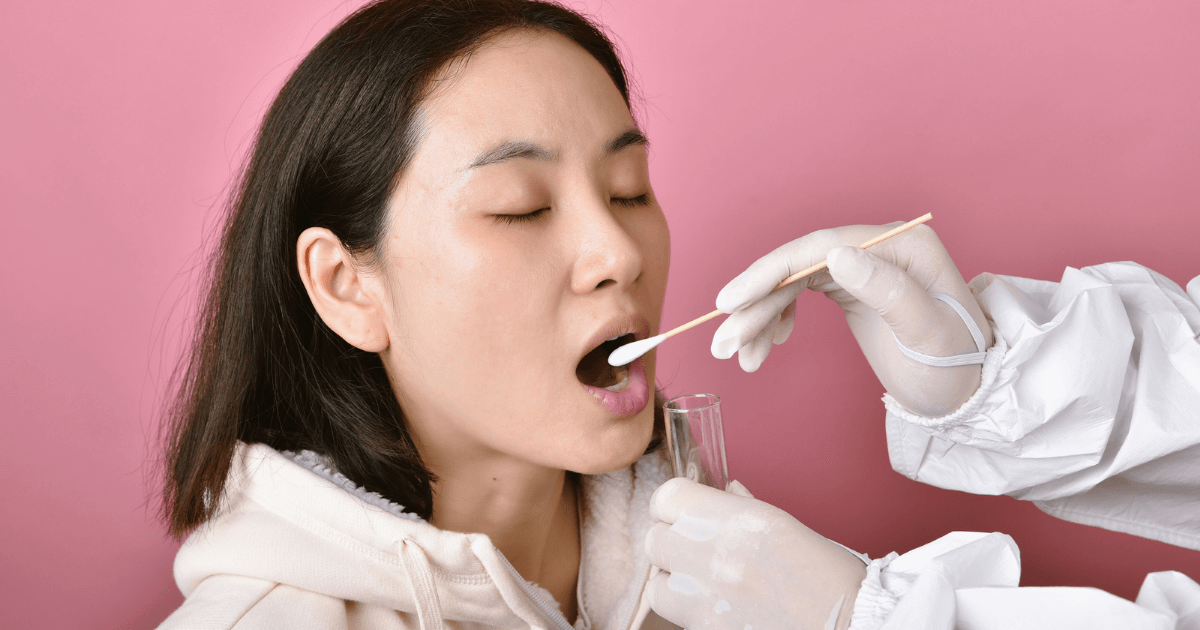
Some people might want to know if CBD oil has THC in it because they want to feel the effects of THC without feeling high.
CBD oil is a popular choice for people who want the benefits of cannabis without feeling the psychoactive effects associated with THC. However, some CBD oils may still contain trace amounts of THC, so it’s essential to do your research before purchasing any product.
THC is the psychoactive compound in cannabis that gets people high. CBD, on the other hand, is not psychoactive and will not get you high.
CBD is thought to have many potential health benefits, including reducing anxiety, relieving pain, and improving sleep. CBD is available in many forms, including oils, tinctures, capsules, and edibles.
In this article, we take you through everything you need to know about the THC content of CBD oil so that you can make informed decisions and also make yourself aware of the possible effects.
Hemp, the plant from which CBD oil is made, contains a spectrum of cannabinoids, including THC. However, the legal requirement for THC content in CBD products is 0.3%.
Studies show that most CBD products, like those at UNO CBD, usually contain trace amounts of THC.
This means that CBD products must have a THC content of less than 0.3% in order to be considered legal in the United States. In most cases, CBD oil will not contain enough THC to cause any psychoactive effects.
However, there are some rare cases where CBD oil may contain more THC than intended, which could result in you getting high. If you’re worried about the THC content of CBD oil, make sure to check the labels of any products you’re considering buying to ensure that they meet your needs.

Research shows that THC (tetrahydrocannabinol) is the main psychoactive compound in marijuana. It’s what gives users a “high” feeling. CBD (cannabidiol), on the other hand, is not psychoactive.
It’s important to note that even though CBD oil may not get you high, it can still cause other side effects. These side effects may include drowsiness, dry mouth, and low blood pressure.
CBD oil is made from hemp, which contains a variety of cannabinoids, including THC. However, most CBD oil will not cause any psychoactive effects. There are some rare cases where CBD oil may contain more THC than intended, which could result in you getting high.
Both of these CBD products come from cannabis plants, but the difference is that hemp-derived CBD products are not part of the controlled substances act because they can’t get you high.
However, if you do find yourself high after taking a CBD product, it is likely that it was contaminated and not third-party tested. As a result, you should seek medical attention if this occurs just to be safe and get checked over.
According to Health Line, there are three types of CBD oil for you to choose from, each of which has been designed to meet different needs.
The type of CBD oil you choose will determine the THC content. CBD isolate will not contain any THC, while full-spectrum CBD oil may contain up to 0.3% THC.
CBD isolate is a type of CBD oil that contains only CBD. It does not contain any other cannabinoids, terpenes, or flavonoids.
It is the purest form of CBD, and the fact that it is pure CBD oil means that it is completely safe to take if you’re expecting to undergo drug testing, as it won’t show up on the results.
Broad-spectrum CBD oil contains CBD and other cannabinoids, but it does not contain THC. However, since it is composed of several different cannabinoids, there is always the risk that a very trace amount of THC could be present.
Full-spectrum CBD oil contains CBD and other cannabinoids, including trace amounts of THC. The blend of different cannabinoids makes it the most potent of the three options as well as the most effective for treating chronic pain and other conditions.
Whether or not CBD oil will show up on a drug test depends on the type you take. Here’s a quick rundown of what to expect:
If you are worried about CBD oil showing up on drug tests, make sure to choose CBD isolate or broad-spectrum CBD oil to be safe.

In order for THC to register on drug tests, there needs to be a certain amount in your body. However, this will depend on the type of drug test you are taking. Let’s take a quick look.
THC can stay in your system for up to 30 days if you’re a heavy user and up to 10 days if you’re a light user. Studies show that the amount of THC that needs to be present is 50 nanograms per millilitre.
THC can stay in your system for up to 72 hours. The amount of THC that needs to be present is 2-5 nanograms per millilitre.
THC can stay in your system for up to 72 hours. Studies suggest that the amount of THC that needs to be present is 4 nanograms per millilitre.
THC can stay in your system for up to 90 days. The amount of THC that needs to be present is 0.1 picograms per milligram.
As you can see, CBD oil is not likely to show up on a drug test. However, if you are taking full-spectrum CBD oil, there is a small chance that it could show up on a urine or hair test.
CBD is not currently regulated by the FDA. However, this could change in the future as CBD becomes more popular and more research is conducted on its potential health benefits.
In the meantime, ensuring you only purchase CBD oil from a reputable source like Keoni CBD is important. This way, you can be sure that it contains CBD, not THC and other harmful chemicals.
You should also check that any CBD oil you buy has been third-party tested to ensure that it is safe to use.
THC is currently illegal in most parts of the world. However, this could change in the future as more and more countries begin to legalize cannabis for medicinal and recreational use.
Currently, medical cannabis can be purchased using a prescription in many countries. Medical marijuana contains CBD and THC, meaning it will still get you high when it interacts with cannabinoid receptors in the body.
CBD oil is a popular choice for those looking to reap the benefits of cannabis without feeling the psychoactive effects associated with THC.
However, some CBD oils may still contain trace amounts of THC, so it’s important to do your research before purchasing any product.
CBD isolate is the purest form of CBD and will not contain THC, while full spectrum CBD oil contains CBD and other cannabinoids, including trace amounts of THC.
CBD oil is not likely to show up on a drug test, but if you are taking full-spectrum CBD oil, there is a small chance it could show up on a urine or hair test.
Learn more about CBD and related topics at Atlantic Cannabis. Find some of the best online dispensaries and weed delivery services in Canada.
Bonn-Miller MO, Loflin MJE, Thomas BF, Marcu JP, Hyke T, Vandrey R. Labeling Accuracy of Cannabidiol Extracts Sold Online. JAMA. 2017;318(17):1708–1709. doi:10.1001/jama.2017.11909. Available at: https://jamanetwork.com/journals/jama/fullarticle/2661569
Keoni CBD. (2023, May 2). Buy Keoni CBD Products Online. Available at: https://www.keonicbd.com/
Sharma P, Murthy P, Bharath MM. Chemistry, metabolism, and toxicology of cannabis: clinical implications. Iran J Psychiatry. 2012 Fall;7(4):149-56. PMID: 23408483; PMCID: PMC3570572.
Available at: https://pubmed.ncbi.nlm.nih.gov/23408483/
Vandergriendt, C. (2019, April 24). Does CBD Show Up on a Drug Test? Healthline. Available at: https://www.healthline.com/health/does-cbd-show-up-on-a-drug-test#thc-level-detected-by-each-test
UNO CBD. (2023, May 2). Buy UNO CBD Products Online. Available at: https://unocbd.com/
Kulig K. Interpretation of Workplace Tests for Cannabinoids. J Med Toxicol. 2017 Mar;13(1):106-110. doi: 10.1007/s13181-016-0587-z. Epub 2016 Sep 29. PMID: 27686239; PMCID: PMC5330962. Available at: https://www.ncbi.nlm.nih.gov/pmc/articles/PMC5330962/
3
We're giving away
ounces of weed
every month